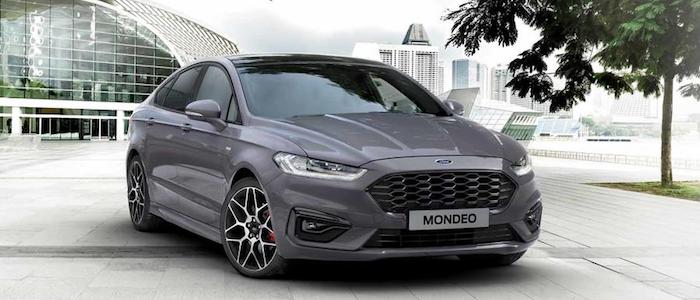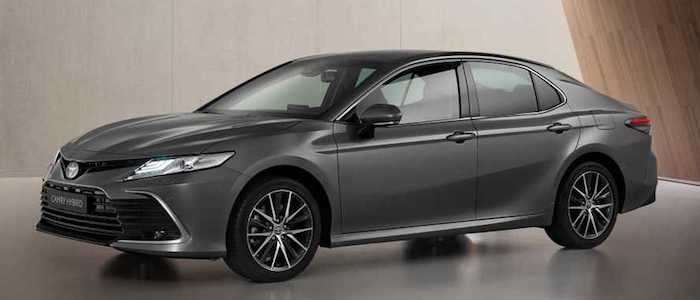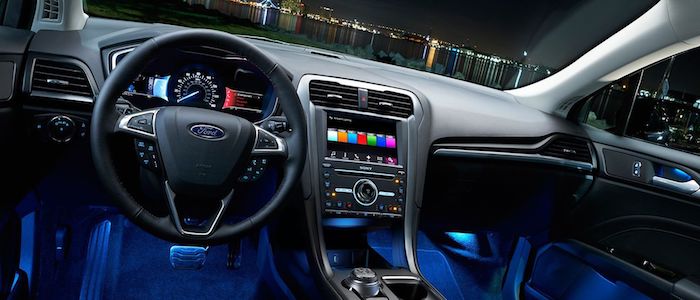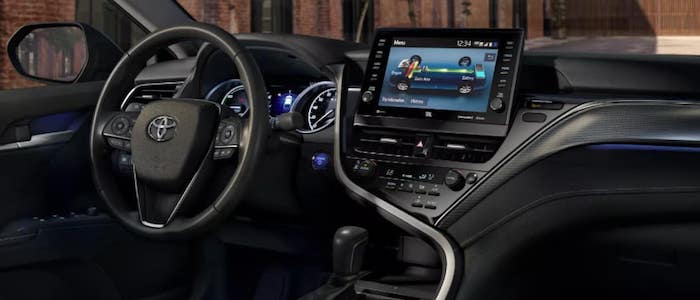Compare two cars
Compare any two cars and get our Virtual Adviser™ opinion
Dimensons & Outlines
Check vehicle history
Engine
2.0 LF-VD Hybrid
Performance (manual gearbox)
Performance (automatic gearbox)
Expenses
Virtual Adviser's™ opinion
Well, these are two pretty similar cars we have here! It's only details that could potentially make the difference. Considering they both belong to the large family car segment and utilize the same 4-door sedan body style and the front wheel drive system, it all comes up to the specific hybrid engine choice they offer. The first one has a Mazda-engineered powertrain under the hood, a 4-cylinder, 16-valves 187hp unit, while the other one gets its power and torque from a 4-cylinder, 16-valves 218hp engine designed by Toyota.
SafetyThe fact that the Ford got tested by the European New Car Assessment Programme (Euro NCAP), while the other contender didn't, puts it sky-high safety-wise, in my eyes at least. Still, apart from the official crash test results there are other things we need to be aware of. Both vehicles belong to the large family car segment, which is generally a good thing safety-wise, still it doesn't help us solve our dilemma, does it? Furthermore, taking kerb weight as an important factor into account, the American car offers a marginal difference of 7% more metal.
ReliabilityI don't like generalizing things when it comes to reliability, although it does seem that both brands display similar results in faults and breakdowns, all the models observed together. These are the results of an independent reasearch, while our visitors describe reliability of Ford with an average rating of 4.4, and models under the Toyota badge with 4.6 out of 5. Unfortunatelly, I don't have enough insight that would allow me to comment in more details on the specific models level. That apart, owners of different cars powered by the same engine as the American car rank it on average as 3.0, while the one under the competitor's bonnet gets 5.0 out of 5.
Performance & Fuel economyToyota is a bit more agile, reaching 100km/h in 0.9 seconds less than its competitor. Still, it lacks the power to win the top speed competition, topping at 180 kilometers per hour, 7km/h less than the other car. When it comes to fuel economy the winner has to be the American car, averaging around 4.2 liters of fuel per 100 kilometers (67 mpg), in combined cycle. We can't ignore that 31% difference compared to the Japanese car.
Verdict
Toyota appears just a bit more reliable, although the difference is truly marginal. The most important thing when deciding between any two vehicles should always be safety, both passive and active. In my opinion, everything taken into account, the American car beats the other contender by far, making it the best choice without even considering other things. When it comes to performance, both vehicles provide similar experience, so I wouldn't point any of them out. the American car , on the other hand, consumps significantly less fuel, and that's a big plus. All together, there's not much more to say, in this case I wouldn't even consider anything but Ford. Nevertheless, let's not forget that people have different preferences and needs, so what really counts is your personal feel. I'm only here to help. I suggest you spend two more minutes in order to find out which car, based on your needs and budget, would be picked by the virtual adviser™, among more than 12.000 different ones in our database.

































